An open letter to Pakistan
Rather than flounder, “India and Indians really do want Pakistan to win” blogs Prashant Agarwal. Here are five pieces of brotherly advice for our neighbour.

Rather than flounder, “India and Indians really do want Pakistan to win” blogs Prashant Agarwal. Here are five pieces of brotherly advice for our neighbour.
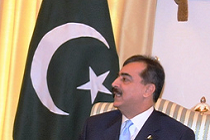 Courtesy: IIP State/Flickr
Courtesy: IIP State/Flickr
The current standoff between the Pakistani Government and the Supreme Court is yet another sign of Pakistan’s instable democracy. Will this lead to another transition to military rule? Or will the pillars of the media and the judiciary be able to bring about a balance?
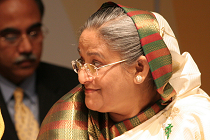 Courtesy: US Mission Geneva/Flickr
Courtesy: US Mission Geneva/Flickr
Bangladesh Prime Minister Sheikh Hasina's visit to Tripura marks a turning point in India-Bangladesh relations. The two countries share an extraordinary history, but the key to India's engagement with Bangladesh is through Tripura.
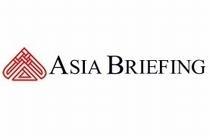 Courtesy: Asia Briefing
Courtesy: Asia Briefing
It is time to dust off those preconceived notions about India as dirty and poverty stricken. Investing in India makes a sound Asia-strategic sense when coupled with China.
India and Japan have designed their collaborations over the years to be a win-win for both sides. Now, they are willing to collaborate on long-term initiatives, based on intrinsic factors of inter-dependent competencies – rather than on the defence of an extrinsic threat of a common enemy.
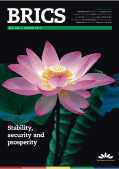 Courtesy: Newsdesk
Courtesy: Newsdesk
Alongside the 2012 BRICS Summit in Delhi, this special publication is a collection of articles that addresses important issues of the global agenda, the priorities of BRICS, the policies and competitive advantages of the participants, as well as BRICS institutionalization.
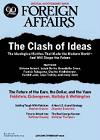 Courtesy: Foreign Affairs
Courtesy: Foreign Affairs
China seems to want the yuan to dethrone the dollar as the global reserve currency. But don’t expect China’s currency to take over anytime soon. The yuan will rise, but far slower than predicted, and Beijing’s puzzling efforts to help it along reveal flaws in the government’s divided and incremental approach.
 Courtesy: nazeah/Wikimediacommons - Ramesh Lalwani/Flickr
Courtesy: nazeah/Wikimediacommons - Ramesh Lalwani/Flickr
The year 2011 saw various events - the Arab Spring, anti- corruption protests, Europe's sovereign debt crisis - transform countries and reshape the world order. Gateway House takes a look at what these events mean for India, and presents India's top foreign policy cheers and jeers for the year.
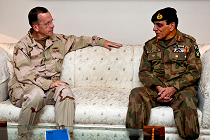 Courtesy: U.S.ArmedForces/WikimediaCommons
Courtesy: U.S.ArmedForces/WikimediaCommons
The 'memogate' fiasco in Pakistan highlights, yet again, the tensions that exist between the country’s political establishment and the Pakistan Army. While the final acts of this maneuvering are being played out, will the all-powerful Army continue to push the civilian government into a corner?
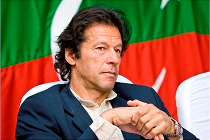 Courtesy: Jawad Zakariya/WikimediaCommons
Courtesy: Jawad Zakariya/WikimediaCommons
Imran Khan, leader of the Pakistani political party Tehreek-e-Insaaf, means well, and has the support of many in his country. But without any solid reforms manifesto, and almost no one in his party to implement his plan, what really are his chances in the upcoming elections?